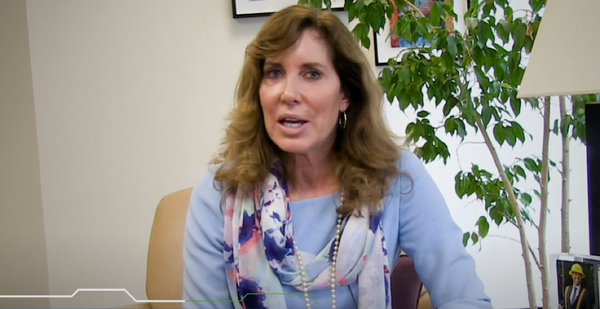
Funding
NTCA Calls For Rip-and-Replace Funding
The call joins industry-wide support for greater funding.

Funding
The call joins industry-wide support for greater funding.
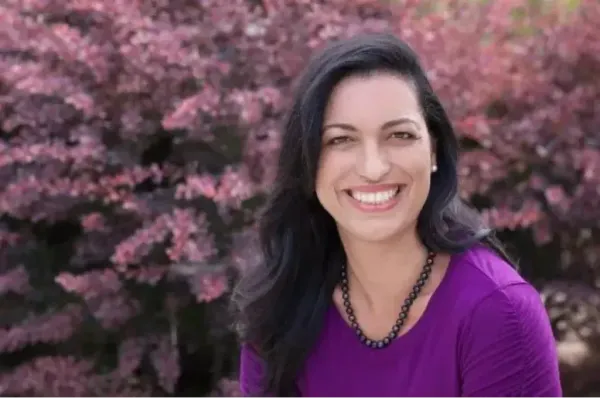
Funding
The investment will enable the full production of semiconductors by 2025.
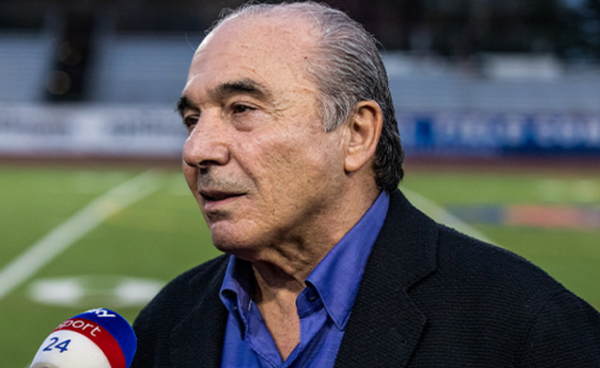
Cybersecurity
Major ISP expects to meet its July 15 deadline to remove China-connected telecom gear.
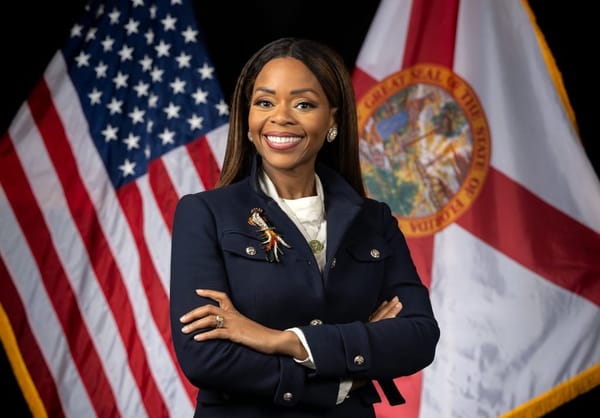
bulk billing
Florida Congresswoman says the proposal would harm low-income Americans

Net Neutrality
The ISPs also filed a petition Friday asking the FCC to stay the Net Neutrality rules by June 7
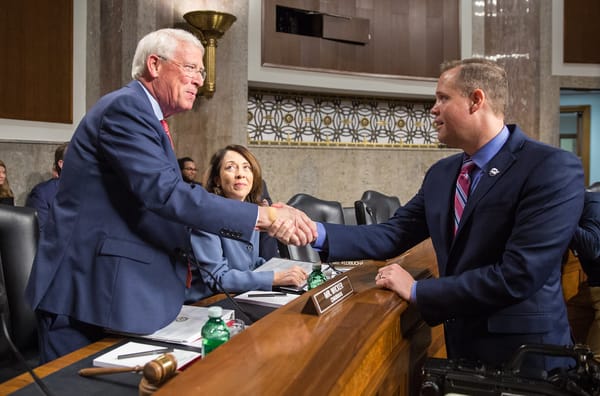
Congress
The Act requires the NTIA to harmonize more than 100 federal initiatives to expand high-speed internet. It also increases reporting and oversight requirements.
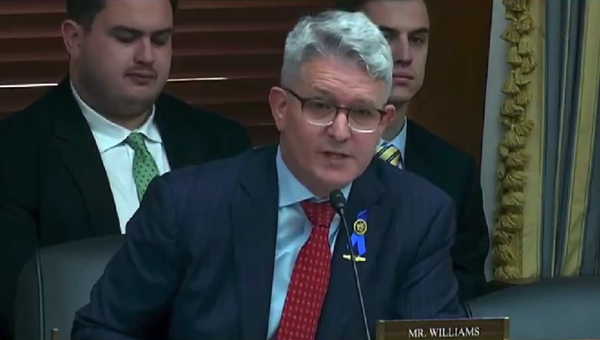
ACP
Though the ACP enjoys bipartisan support among voters, it has become a contentious issue within the federal government.
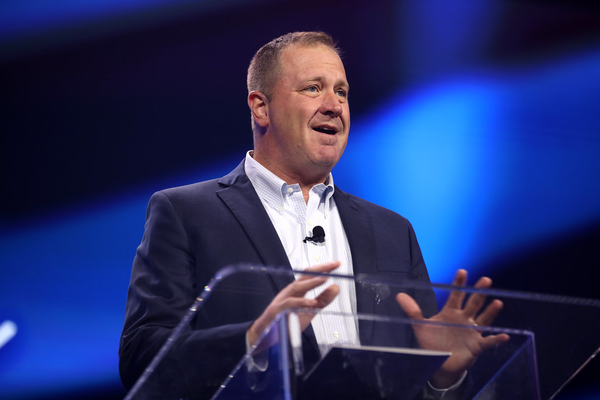
Infrastructure
Officials warned the resolution would create confusion and uncertainty for local governments on infrastructure projects.
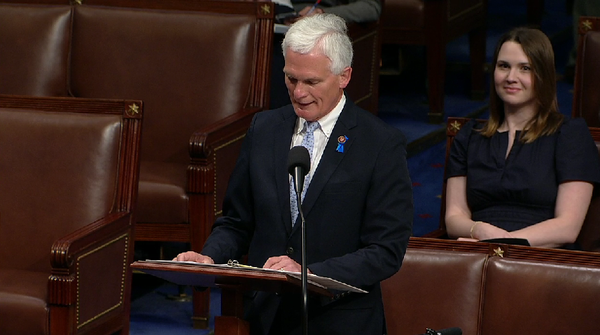
Congress
The Senate Commerce Committee also postponed, for a second time, a markup session with short-term funding for ACP.
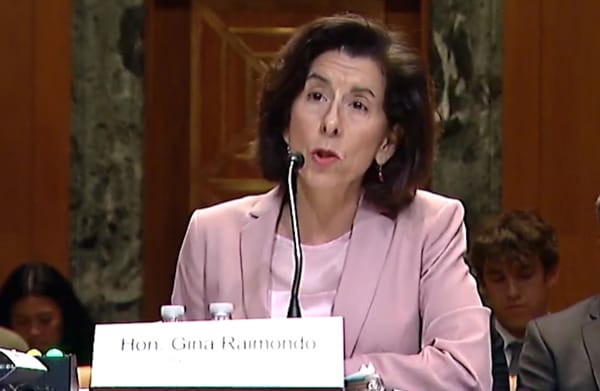
BEAD
Senators raised concerns about authority to require BEAD ISPs to offer low-cost internet plans.
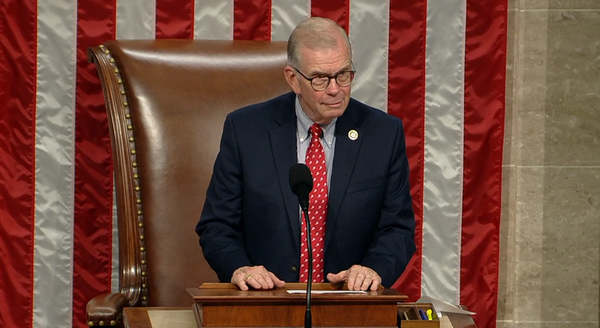
NTIA
The House postponed voting on the NTIA Reauthorization Act on Tuesday.
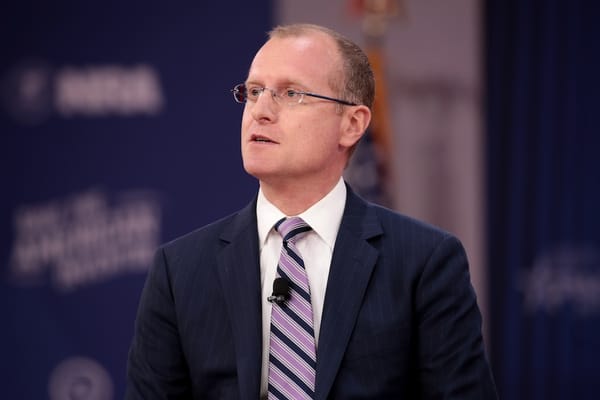
Cybersecurity
The agency will vote to take comment on the proposel at its May 23 meeting.
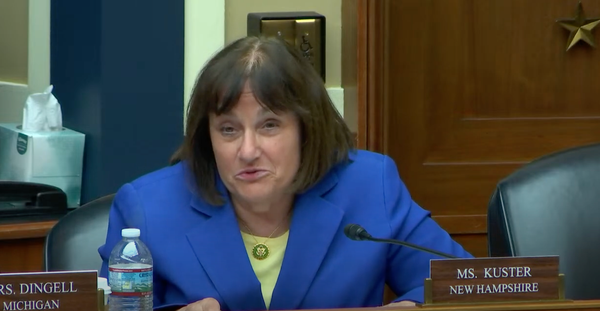
California
Participants consider broadband internet an integral part of expanding telehealth accessibility.

Digital Inclusion
The measure would force a House vote without the blessing of Speaker Mike Johnson.
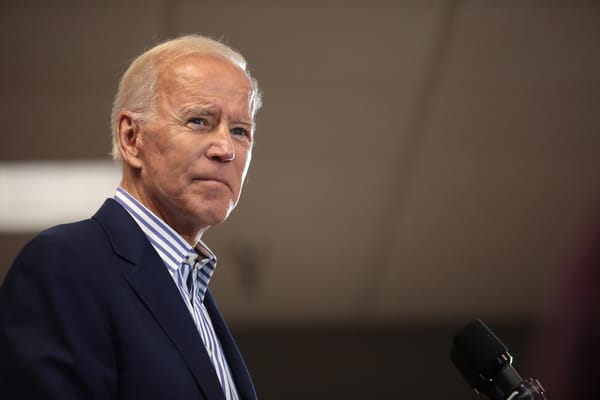
Digital Inclusion
The program will be fully exhausted at the end of May.
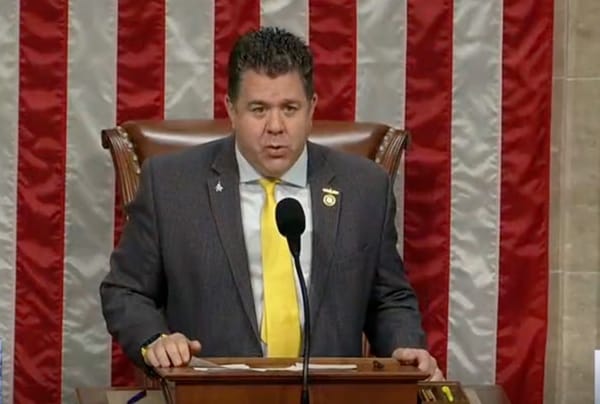
Funding
The House of Representatives passed a $1.1 trillion spending package Friday morning which omits funding for key broadband initiatives.